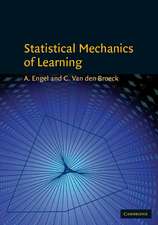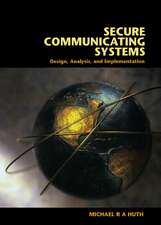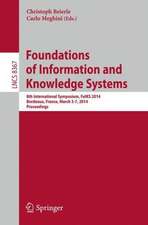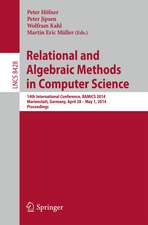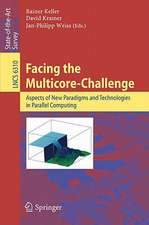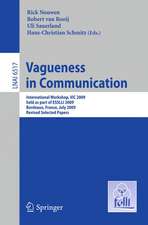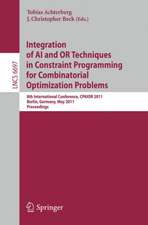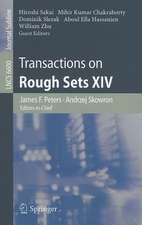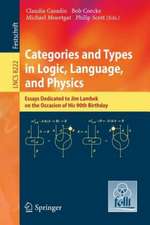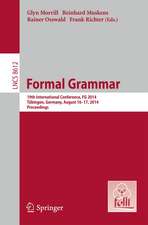Quantum Computing for Computer Scientists
Autor Noson S. Yanofsky, Mirco A. Mannuccien Limba Engleză Hardback – 10 aug 2008
Preț: 464.89 lei
Preț vechi: 581.11 lei
-20% Nou
Puncte Express: 697
Preț estimativ în valută:
88.95€ • 92.88$ • 73.62£
88.95€ • 92.88$ • 73.62£
Carte disponibilă
Livrare economică 15-29 martie
Livrare express 01-07 martie pentru 45.42 lei
Preluare comenzi: 021 569.72.76
Specificații
ISBN-13: 9780521879965
ISBN-10: 0521879965
Pagini: 402
Ilustrații: 4 b/w illus. 245 exercises
Dimensiuni: 184 x 260 x 26 mm
Greutate: 0.95 kg
Editura: Cambridge University Press
Colecția Cambridge University Press
Locul publicării:New York, United States
ISBN-10: 0521879965
Pagini: 402
Ilustrații: 4 b/w illus. 245 exercises
Dimensiuni: 184 x 260 x 26 mm
Greutate: 0.95 kg
Editura: Cambridge University Press
Colecția Cambridge University Press
Locul publicării:New York, United States
Cuprins
1. Complex numbers; 2. Complex vector spaces; 3. The leap from classical to quantum; 4. Basic quantum theory; 5. Architecture; 6. Algorithms; 7. Programming languages; 8. Theoretical computer science; 9. Cryptography; 10. Information theory; 11. Hardware.
Recenzii
'The book has the potential to fill a void that needs to be filled: to bring the excitement of quantum computing to undergraduate computing majors, especially those with modest math backgrounds.' Stephen Fenner, University of South Carolina
'… makes for a truly elementary book that a computer science student, with a solid knowledge of vector spaces and linear transformations, should have no difficulty [reading]. Indeed, the authors are so careful in providing the right amount of detail that, to the more experienced student, this book will read almost like a novel. This will also make it a very good textbook for an elementary course on quantum computing … this is a book that I can recommend to anyone with a basic knowledge of linear algebra. … it [will] make a very nice textbook for undergraduate computer scientists and mathematicians …' S. C. Coutinho, SIGACT News
'… I found that I could fight my way through much more of the maths than I'd expected, largely because of the clarity of the style and the exemplary use of language. The field of quantum computing is rapidly becoming practical and potentially mainstream - think about the next generation of cryptography, for example. Now is the time to start working on your understanding of the core issues, so that you can teach the next generation of software engineers. Not an easy read, but definitely rewarding … If you aren't scared off by pages with more matrices than words, and you want to be ahead of the game when quantum computing really takes off, this book is for you.' The Times Higher Education Supplement
'… explicitly designed to be accessible to students with [a] limited mathematical background and [an] essentially zero quantum physics background. The use of many solved problems ensures that the reader grasps the mathematical essentials needed to grasp the deep concepts explained in the book. … this is a well-structured text which deserves careful consideration from instructors not only engaged with computer science teaching but also those in physics and electronic engineering. … This book will go a long way to helping develop future generations of quantum programmers.' Contemporary Physics
'This book presents some of the most exciting and interesting topics in quantum computing. … useful to mathematicians who want to understand the basic concepts and theories of quantum computations.' Mathematical Reviews
'… makes for a truly elementary book that a computer science student, with a solid knowledge of vector spaces and linear transformations, should have no difficulty [reading]. Indeed, the authors are so careful in providing the right amount of detail that, to the more experienced student, this book will read almost like a novel. This will also make it a very good textbook for an elementary course on quantum computing … this is a book that I can recommend to anyone with a basic knowledge of linear algebra. … it [will] make a very nice textbook for undergraduate computer scientists and mathematicians …' S. C. Coutinho, SIGACT News
'… I found that I could fight my way through much more of the maths than I'd expected, largely because of the clarity of the style and the exemplary use of language. The field of quantum computing is rapidly becoming practical and potentially mainstream - think about the next generation of cryptography, for example. Now is the time to start working on your understanding of the core issues, so that you can teach the next generation of software engineers. Not an easy read, but definitely rewarding … If you aren't scared off by pages with more matrices than words, and you want to be ahead of the game when quantum computing really takes off, this book is for you.' The Times Higher Education Supplement
'… explicitly designed to be accessible to students with [a] limited mathematical background and [an] essentially zero quantum physics background. The use of many solved problems ensures that the reader grasps the mathematical essentials needed to grasp the deep concepts explained in the book. … this is a well-structured text which deserves careful consideration from instructors not only engaged with computer science teaching but also those in physics and electronic engineering. … This book will go a long way to helping develop future generations of quantum programmers.' Contemporary Physics
'This book presents some of the most exciting and interesting topics in quantum computing. … useful to mathematicians who want to understand the basic concepts and theories of quantum computations.' Mathematical Reviews
Descriere
Finally, a textbook that explains quantum computing using techniques and concepts familiar to computer scientists.
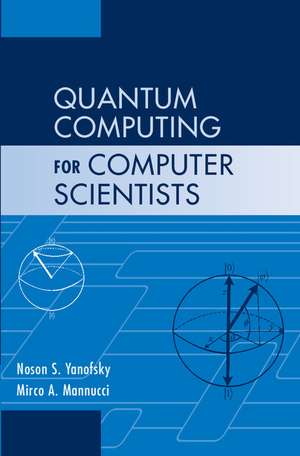
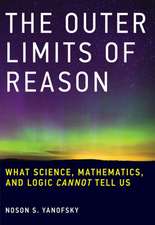

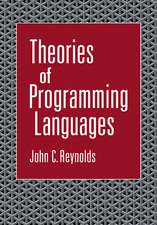
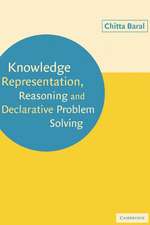
![Revised [6] Report on the Algorithmic Language Scheme](https://i4.books-express.ro/bt/9780521193993/revised-6-report-on-the-algorithmic-language-scheme.jpg)

